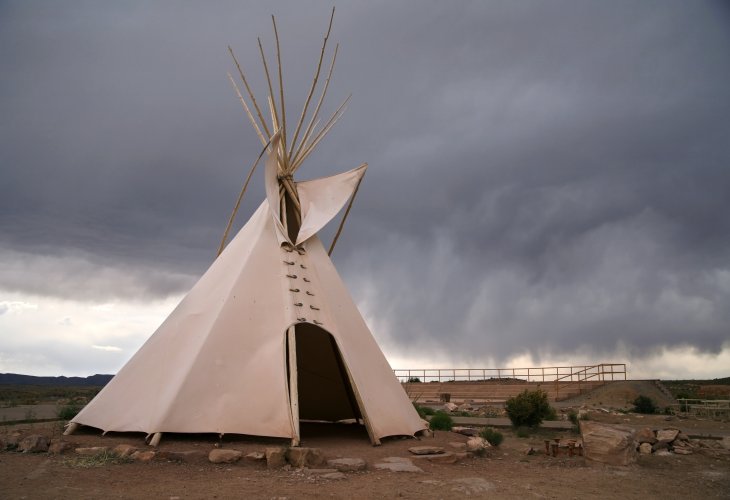The Great-Grandson of 'The Lord of the Rings' Creator is an Observant Jew Working on a Holocaust Play
J.R.R. Tolkien once lamented that there were no Jews in his family tree. If he were alive today, he might find comfort in having a Jewish great-grandson who observes Shabbat and keeps kosher.
 J.R.R. Tolkien the grandfather and Nicholas Tolkien the great-grandson
J.R.R. Tolkien the grandfather and Nicholas Tolkien the great-grandsonJ.R.R. Tolkien, the famous author of 'The Lord of the Rings', was known for his respect for Jews. When he received an inquiry from Nazi Germany regarding his ancestry—the Nazis wanted to ensure he was not of Jewish descent before permitting the publication of his books—Tolkien replied thusly: "I understand you wish to know whether I am of Jewish origin. I can only say that I regret to inform you that none of my ancestors appear to have been members of this gifted people."
However, if Tolkien regretted not having Jewish origins, perhaps if he were alive today he would find solace in his descendants: two of whom are Jewish—and one is even an observant Jew.
This descendant of Tolkien, who has recently garnered media attention, is Nicholas Tolkien, a 27-year-old playwright and director currently producing a play about the Holocaust called 'Terezin', documenting life in the Nazi transition camp Terezin (Theresienstadt) from the perspective of children.
Nicholas Tolkien is the son of Simon Tolkien, the grandson of J.R.R. Tolkien who still remembers his grandfather reading the book to him. As he grew up, Simon Tolkien married an American Jewish woman named Tracy Steinberg. Nicholas grew up in London, where his American grandparents also moved. His grandfather, Mark Steinberg, was the first to tell him about the horrors of the Holocaust. In the British private school he attended, it was not part of the curriculum.
He did not receive formal Jewish education, although he had a Bar Mitzvah. But as he grew older, he began reading books on Judaism on his own initiative and was captivated by what he found. Today, he observes Shabbat and keeps kosher, and he mentions continuing to learn more and more about his religious heritage. He has also visited Israel in the past.
He conducted a five-year research on the Terezin camp, even visiting the place, which he describes as: 'full of ghosts from the past'. The play he wrote, about girls surviving the camp thanks to their strong friendship, is based on stories he personally heard from survivors who were children at the time, as well as on the book 'I Never Saw Another Butterfly'.
"It is the responsibility of the living to tell the stories of the dead," he says. "Unfortunately, among my generation there is an amnesia regarding the Holocaust. People simply do not want to think about it."
His observance of religious commandments, he told 'Aish HaTorah', is also a way for him to honor the memory of the many Jews murdered in the Holocaust. "The Nazis confiscated Jewish traditions. They banned the celebration of Chanukah. They forbade the observance of Shabbat. They burned Jews after their deaths instead of allowing them a Jewish burial. In the Holocaust, they tried to take our Jewish traditions from us. Every time we keep them—we honor the memory of those who were murdered."

